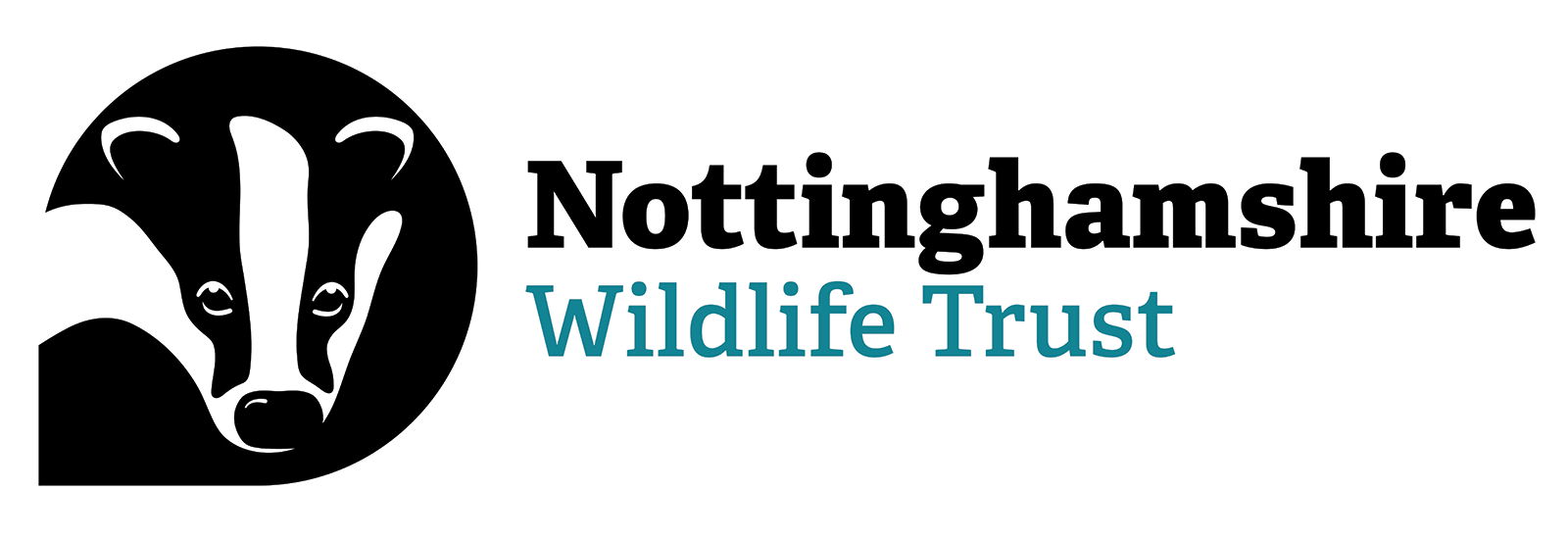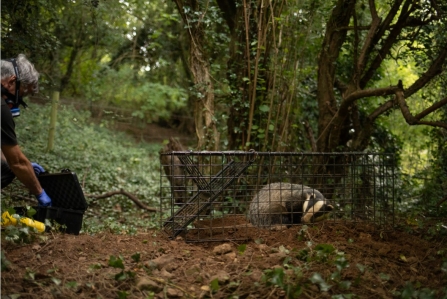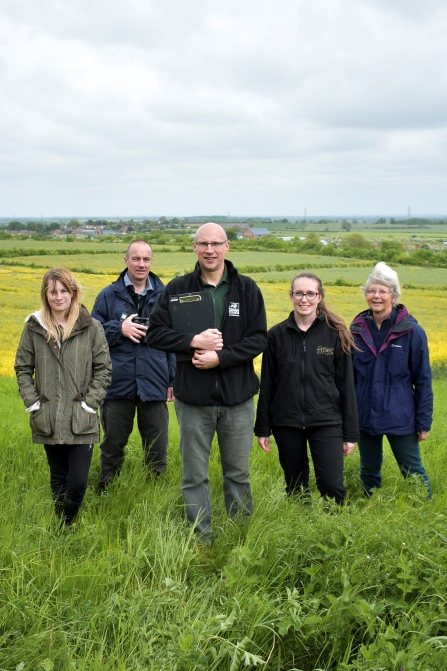In partnership with the Leicestershire and Rutland Wildlife Trust, the charity has been vaccinating badgers on the South Nottinghamshire/Leicestershire border since 2015 but this work is now under threat due to a local badger cull licence application and a poorly framed plan for no cull zones in areas where vaccinations are being delivered.
A cull licence application has been made on behalf of local landowners for an unidentified area within Nottinghamshire, Leicestershire and Lincolnshire. Nottinghamshire Wildlife Trust believes that any local cull would undermine progress with the vaccination programme and result in a waste of public funds and donations due to the likelihood of vaccinated badgers being killed. The decision on the application will not be made until later in the summer but the charity has already seen a dramatic reduction in the willingness of landowners to take part in the vaccination project.


